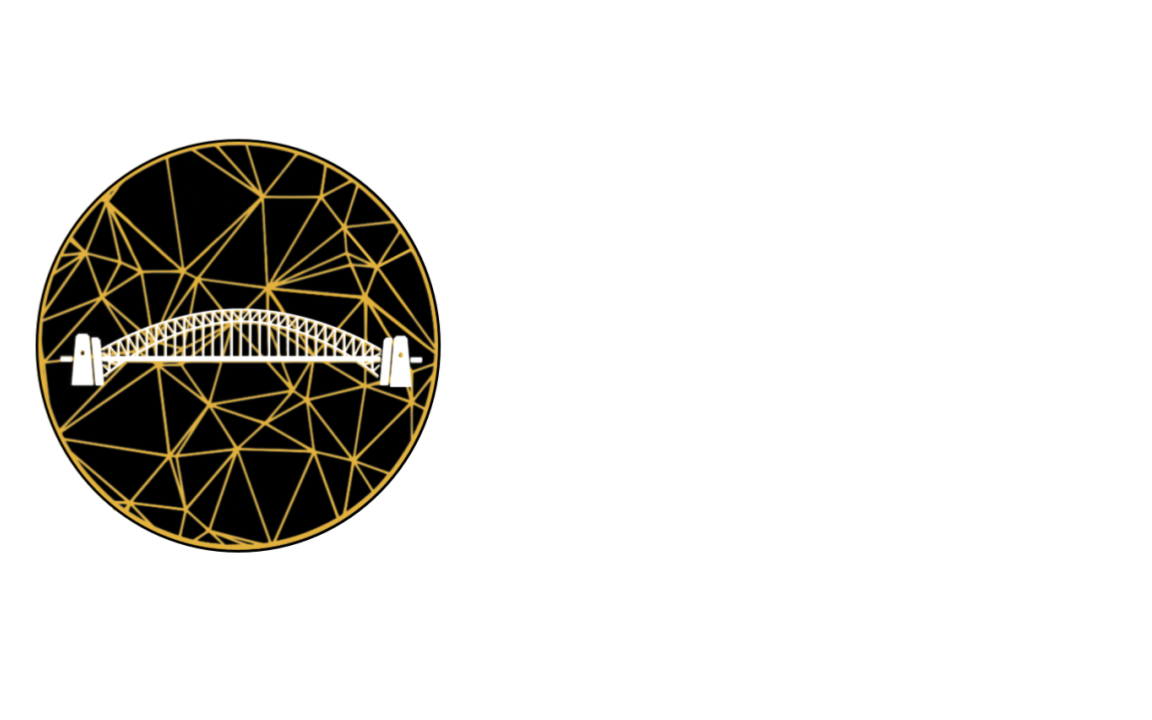How Does Dispute Resolution Differ from the Practice of Law, Attorneys and the Courts?
In the intricate web of our legal system, disputes are an inevitable part of life, no matter where they arise, including some of the most fundamental aspects of our lives: in business and work, in housing, and in family and personal relationships. When conflicts escalate and parties find themselves unable to lead their own amicable resolutions, individuals and organizations often find themselves at a crossroads, pondering the role of attorneys, the prospect of a lawsuit, and the dizzying world of litigation. At the heart of this complex journey stands the court, the ultimate arbiter of justice, ready to preside over matters that can shape the course of our lives and the fate of our businesses.
“…disputes are an inevitable part of life… When conflicts escalate and parties find themselves unable to lead their own amicable resolutions, individuals and organizations often find themselves at a crossroads”
The term ‘court’ resonates with gravitas, symbolizing the bedrock of our legal system. It is the public battleground where disputes, ranging from minor contractual wrangles in the business world to industry-changing clashes between worldviews over how we ought to run our businesses, relate to one another, and live our lives, now and forever. Big and small, these matters find their final resolution in court through litigation. However, understanding the intricacies of how courts function and their role in dispute resolution is essential in demystifying a process that can be bewildering for those who have not traversed its terrain.
When disputes erupt, individuals and entities often turn to lawyers (attorneys) as their first line of defense. These legal professionals are not mere players in the courtroom drama but are the architects of strategies that shape the course of litigation. Attorneys are the legal minds who craft a compelling narrative, gather evidence, and navigate the intricate legal terrain, all in the pursuit of their clients’ best interests. Their role extends beyond the courtroom, as they are often instrumental in steering negotiations, mediation, or arbitration before a full-blown lawsuit is initiated. Yet, they are not essential or mandatory in the dispute resolution process — yes, parties can resolve disputes without attorneys, through dispute resolution.
“yes, parties can resolve disputes without attorneys, through dispute resolution.”
A lawsuit is the legal vehicle that propels disputes into the heart of the legal system. Whether it’s a complex business disagreement, a construction contract gone awry, a workplace dispute, or a real estate or housing matter, litigation sets the stage for a formal, adversarial process, producing a clear winner and loser.
Understanding the distinctions between these key components – courts, attorneys, lawsuits, and litigation – is vital in making informed decisions when conflicts arise. The article below aims to briefly unravel the complexities of dispute resolution, shedding light on the roles of attorneys and the intricate journey of litigation. This snapshot is far from exhaustive, and simply cannot paint a full picture. Rather, it provides a basic understanding to take parties from totally confused to confident they know which direction to pursue, even though they have not turned over every stone. As we delve deeper into this exploration, we’ll provide answers to common and important questions that enable individuals and businesses to decide what’s best for them when conflict emerges.
Understanding the nuances of dispute resolution, attorneys, courts, and litigation is not merely an academic exercise but a real-world necessity. Choosing the right path when conflicts arise can make all the difference in terms of cost, time, and control over the outcome. Dispute resolution, as an alternative to the arduous journey of litigation, offers several compelling advantages. It’s often more cost-effective, as it can bypass the protracted legal battles and associated expenses. It’s faster, providing a timely resolution to pressing issues. Furthermore, it places the decision-making power squarely in the hands of the parties involved, fostering a sense of control and ownership over the outcome. Importantly, dispute resolution applies to disputes that have escalated to the legal level and those that haven’t, making it a versatile option for resolving a wide array of conflicts.
“Understanding the nuances of dispute resolution, attorneys, court, and litigation is not merely an academic exercise but a real-world necessity.”
Why wait until legal battles become burdensome? Don’t hesitate to take the first step towards resolution. We invite you to call for a free consultation and explore the world of dispute resolution before it’s too late. Discover how this proactive approach can save you time, money, and stress while achieving fair and equitable outcomes. Your path to resolution begins today with a simple call: book a consultation.
—
Written with the help of A.I.
—
—
—
—
—
—
2 Comments
Leave a Comment
Related posts
Latest Posts
Categories










very good
Thanks for the post
_________________